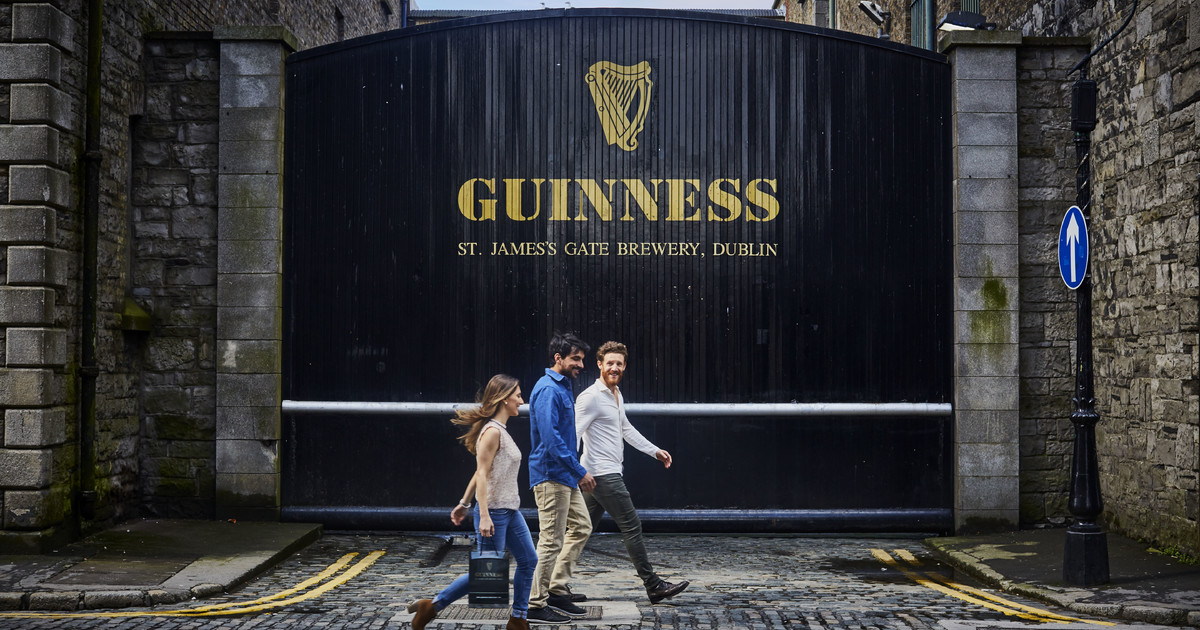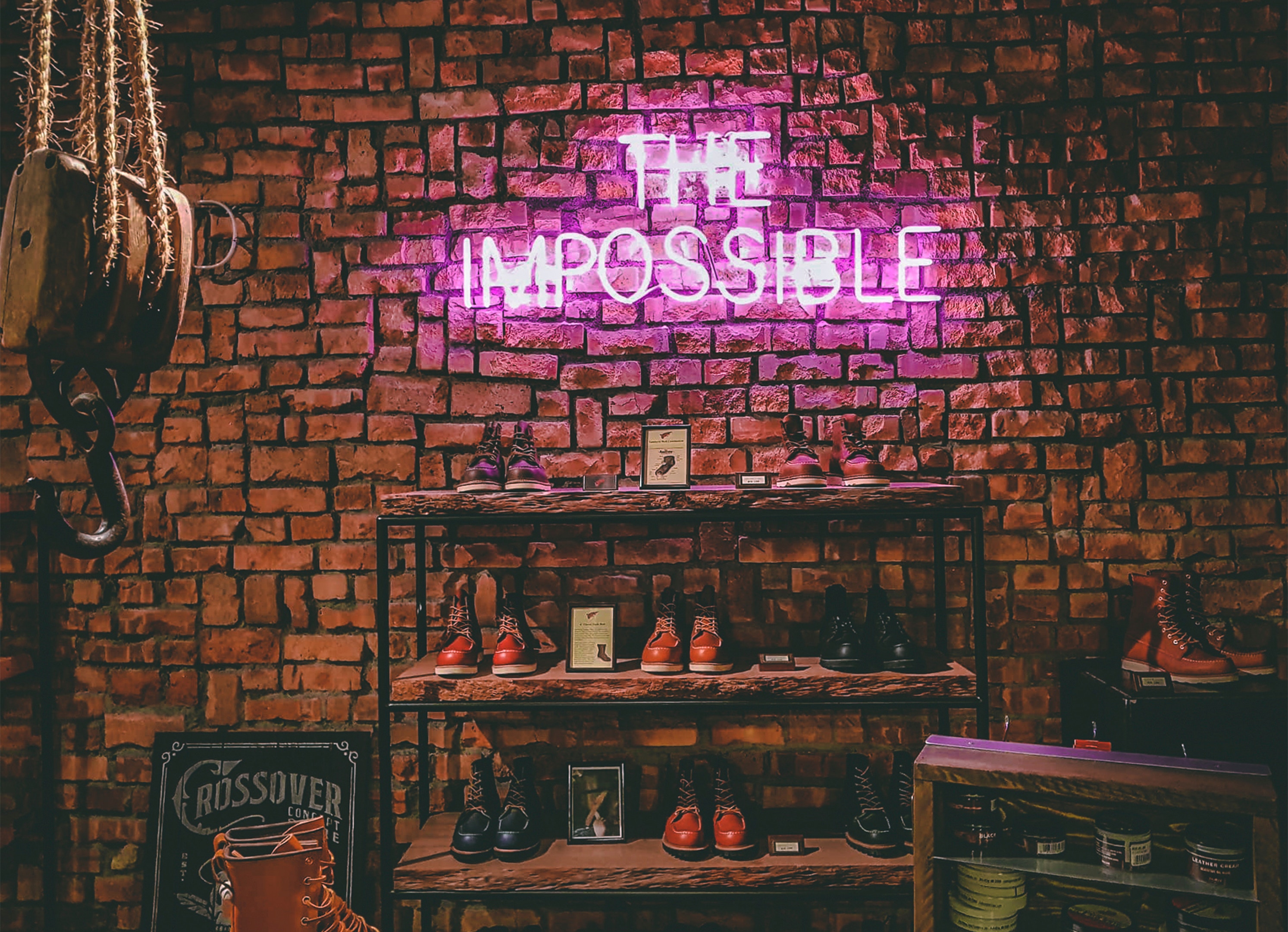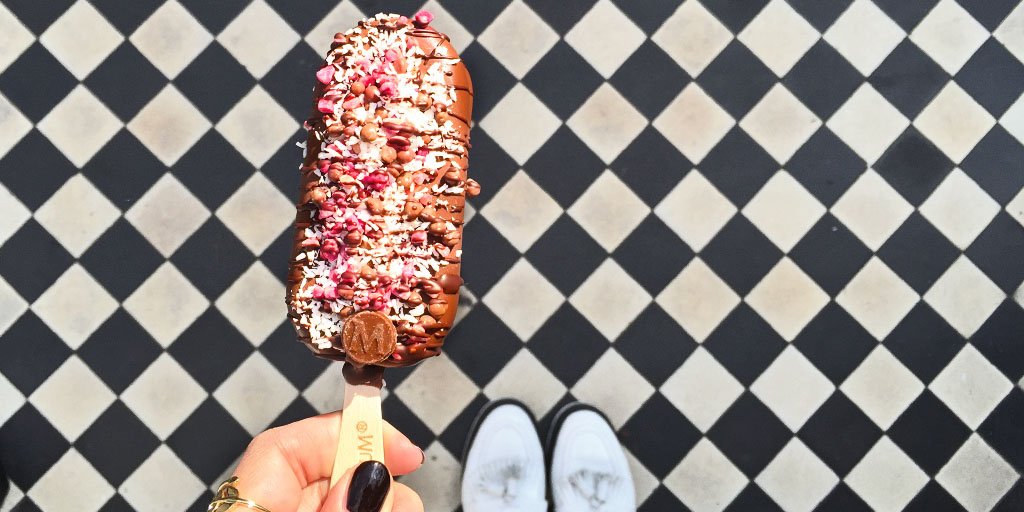What’s the most common problem facing brand marketing decision makers today? Aside from the perennial fear of waking up and finding that an ad for your product that you paid for on Facebook or YouTube has ended up being played right before some atrocity that ‘shouldn’t’ be on’ said social media forum, it’s the B-word.
Budget.
The ever dwindling, scarce resource, being reduced by the day even while your business demands ever more impressive results. How do you genuinely achieve so much more, for so much less?
Marketers are missing a trick. They see experiential as a tactic and a cost.
Time and time again we are briefed by brands who are ignoring the commercial opportunities available to them by investing in and owning paid for brand and retail experiences.
To us – it’s super simple.
Consumers aren’t ‘consumers' anymore – they aren’t interested in owning ‘stuff.’
They’re ‘experiencers’ – they want to do fun, exciting things, curated by your brand or product, and they’ll pay for THAT.
There are encyclopedic amounts of research and analysis out there that proves this.
What we’re interested in is:

What stops brands and retailers being brave, thinking about experiential marketing activity differently, and actually investing in exciting physical experiences that consumers want, and will pay for, thus giving you the potential of cost-neutral marketing activity? One of the best reference points is the Guinness Store in Dublin – customers are willing to pay for the privilege of being immersed in the brand – and thousands each year go on to be new Guinness customers as a result. Genius.
The truth is, it’s probably just history. CMOs are stuck in what innovation coaches would call their ‘rivers of thinking;’ doing the same thing (TV, social media paid advertising, billboards and so on) over and over again because ‘it’s always been done that way.’
Similarly, experiential activity is stuck in the marketing mind as something tactical, throwaway, functional, sampling based – in other words, ‘sunk’ money.
In fact, there’s a massive opportunity to reappraise the value of experience, and commercially savvy marketing leaders are realising the vast potential to achieve something truly special – resonating, captivating experience-based marketing, with all of the benefits of brand engagement, and trial, which actually contributes value to the bottom line.
The alcohol sector has been embracing this opportunity, with the Heineken Experience, the Bombay Sapphire Distillery, and the Brewdog Brewery as just a few examples.
Here’s the bottom line:

We think that CMOs and marketing directors are being commercially negligent by not realising the vast opportunity afforded to brands by a new wave of consumer who are genuinely happy to engage in – and buy from – brand & retail experiences.
Stop using ‘experiential’ just to give stuff away, or pull PR stunts. Of course, these tactics can be hugely relevant and effective but at least stop to consider other ways to approach brand experience and challenge yourself to explore the creation of brand experiences worth paying for.
Be brave, and more expansive in your thinking.
Invest some money in physical experiences that are creative, exciting, satisfying the consumer’s need for new and interesting moments and – crucially – paid for.
Imagine the potential future – an owned experience that could run in perpetuity, giving you continual brand presence. And for every consumer that comes through the door (and for great experiences, they do in their thousands), you gain the opportunity to generate real, tangible brand affinity and a direct relationship with that person. How is that not more valuable than an ‘impression’ on a social media feed?
There is a channel available to you that could be the most cost-effective marketing buck you’ve ever spent, and at the same time help solve two of the biggest challenges you probably face in your market today – differentiation and genuine brand resonance amongst consumers.

The best are already reaping the rewards of this kind of investment; Magnum entices consumers to pay a premium for an ice cream, because of the value of the experience within the Magnum Store. Tesco and ALDI have inspired consumers to reappraise the quality of their products with their branded pop-up wine-bars. Merchant Gourmet shows customers directly how they can use their product in their everyday lives with pop up restaurants and cafes.
On the other hand – we get it – it’s hard to be brave. Cultural norms run deep in marketing, and it’s sometimes hard to take that leap and jump into something comparatively unknown.
Especially something that does require some capital to get it off the ground.
And to be fair this is where the agency landscape isn’t particularly well set up to help brands deliver success.
The consequence of experiential marketing historically being a tactical activity is that agency partners have become tactical experts. They’re great at creative ideas, great at executing a journey plan and a sampling campaign. Not so great at working in partnership with you to develop, refine, test and validate the commercial model behind a paid for experience. These things need business cases – and well researched, collaborative businesses cases can give a really clear indication as to whether a brand experience is worth paying for or not.
So – let’s stop the commercial negligence.
Mentally re-appraise experience based activity as a commercially driven enterprise that can genuinely deliver cost-neutral marketing. Take the time to understand the business case behind the new form of experiential activity, with a partner who truly understands how to deploy the best creative ideas for the maximum commercial return. And, above all, engage consumers in the most impactful and direct way possible to build affinity for your brand or product.
By Marcus Fox, director, iD



